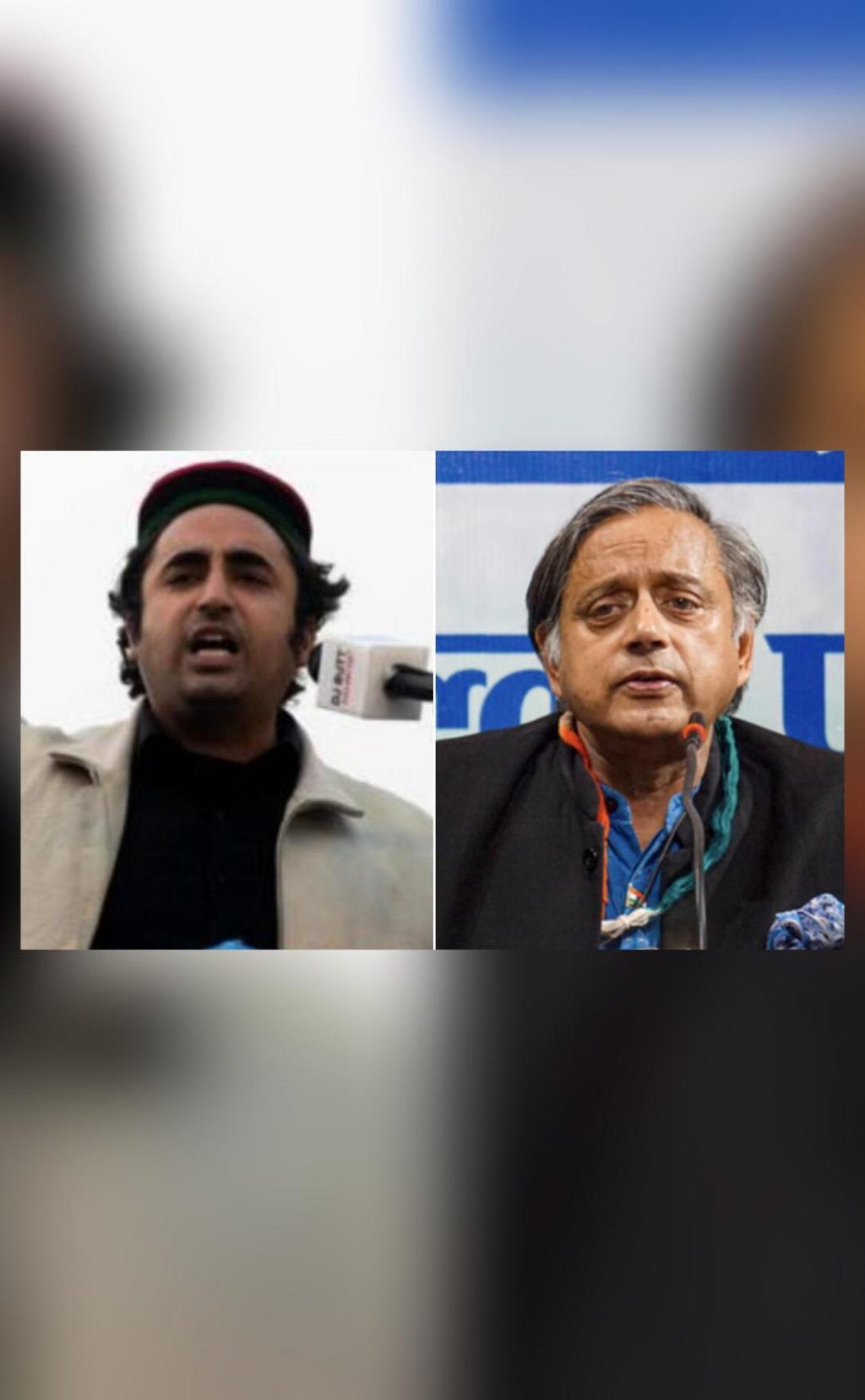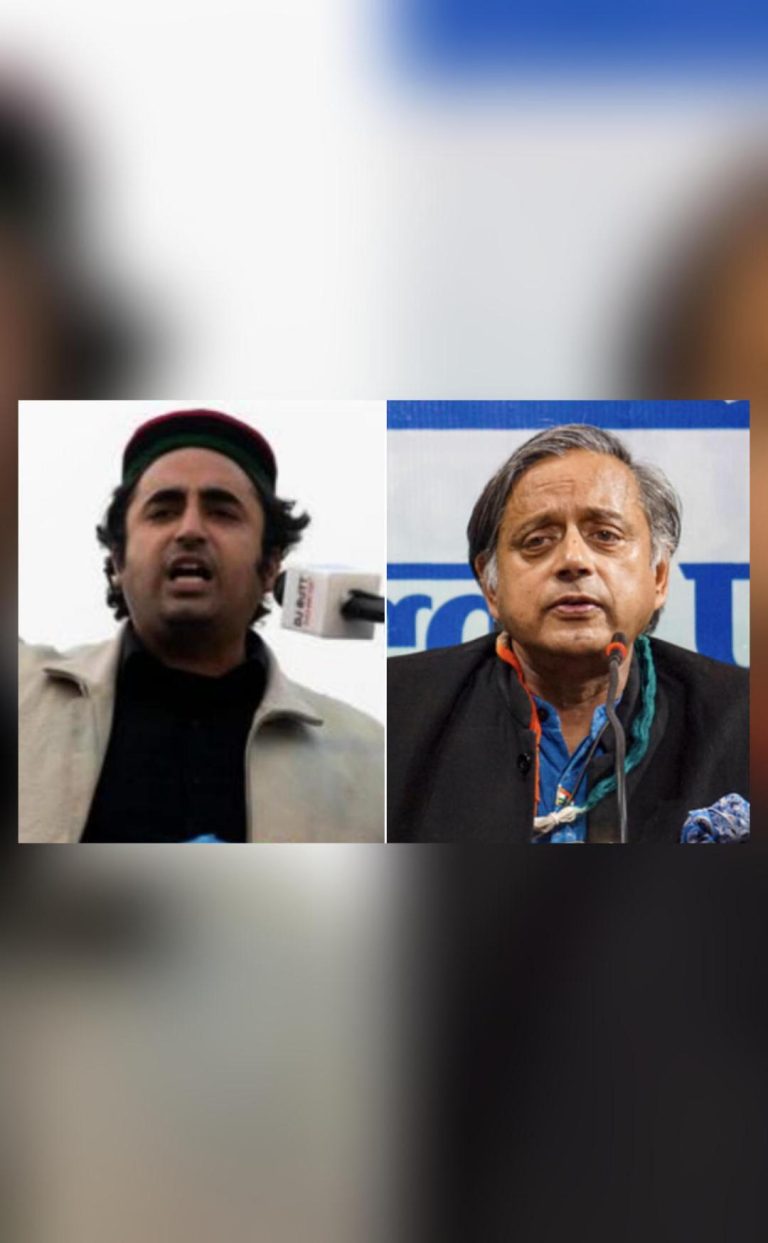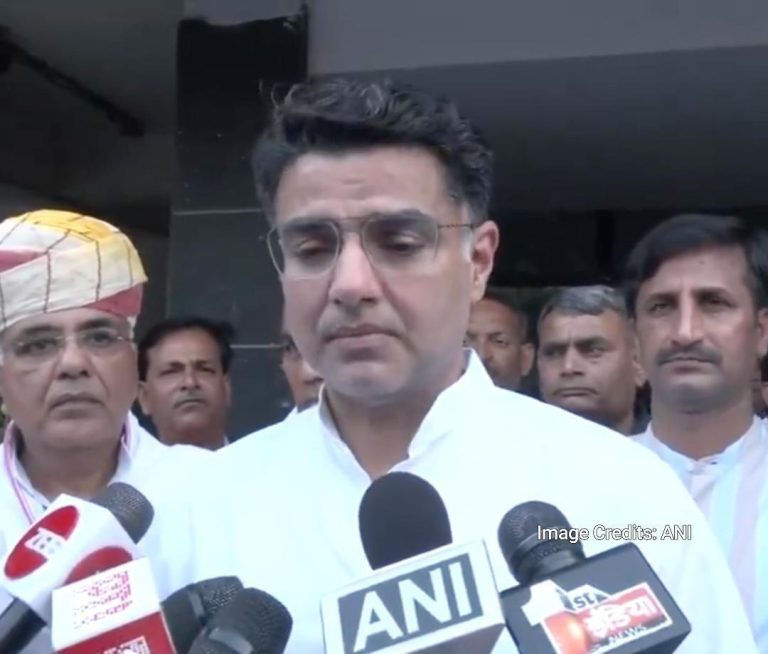
Title: Just Inflammatory Rhetoric: Tharoor on Bilawal Bhutto’s Remark
The recent controversy surrounding the Indus Waters Treaty has taken a dramatic turn with Pakistani politician Bilawal Bhutto-Zardari’s provocative remark on India’s decision to suspend the treaty over the Pahalgam attack. The attack, which left several Indian soldiers dead, has led to a severe backlash against Pakistan, with many calling for a review of the treaty. In the midst of this delicate situation, Congress MP Shashi Tharoor has weighed in on Bhutto’s remark, calling it “just inflammatory rhetoric”.
Tharoor’s comments came as a response to Bhutto’s statement, where he claimed that India’s decision to suspend the treaty was a “reactionary and emotional response” to the Pahalgam attack. Bhutto went on to say that Pakistan was not responsible for the attack and that India was trying to divert attention from its own internal issues. However, Tharoor strongly disagreed with Bhutto’s assessment, calling his remark “inflammatory rhetoric” that was designed to provoke and divide.
“Inflammatory rhetoric” is a phrase that has become all too familiar in the world of politics, where heated words are often used to stir up emotions and create divisions. However, Tharoor’s use of this phrase in relation to Bhutto’s remark is particularly significant, as it highlights the need for a more measured and nuanced approach to public discourse.
Tharoor’s comments have sparked a heated debate on social media, with many calling for a more robust response to Bhutto’s remark. Some have argued that Bhutto’s words were nothing more than a attempt to distract from Pakistan’s own failures and that India has the right to take a strong stance against such provocations. Others have claimed that Tharoor’s response was too soft and that India should be more assertive in its dealings with Pakistan.
However, Tharoor’s stance is not without merit. In a world where words have the power to create or destroy, it is essential to use language that is thoughtful and considered. Bhutto’s remark was not just a harmless opinion or a misstep, but a deliberate attempt to inflame tensions and create divisions. As such, it is essential that India responds in a way that is measured and proportionate, rather than falling into the trap of inflammatory rhetoric.
Tharoor’s comments also highlight the need for a more nuanced understanding of the complex relationships between India and Pakistan. The two countries have a long history of conflict and tension, but they also share a deep cultural and historical heritage. Rather than resorting to inflammatory rhetoric, it is essential that both countries engage in a more constructive and respectful dialogue.
In conclusion, Tharoor’s remarks on Bhutto’s inflammatory rhetoric are a timely reminder of the importance of using language that is thoughtful and considered. In a world where words have the power to create or destroy, it is essential that we use our words wisely and with respect for the feelings and beliefs of others. By doing so, we can create a more harmonious and peaceful world, where differences are resolved through dialogue and understanding rather than conflict and division.



